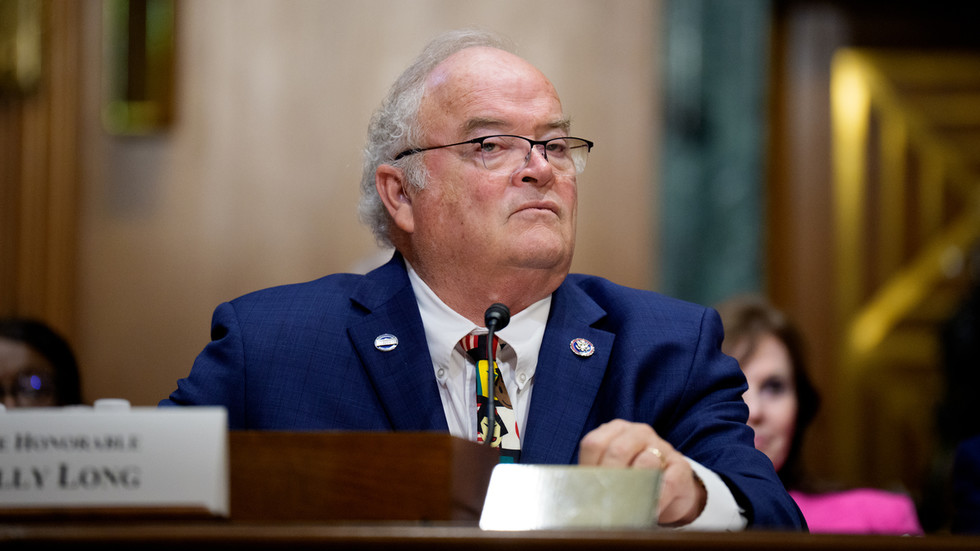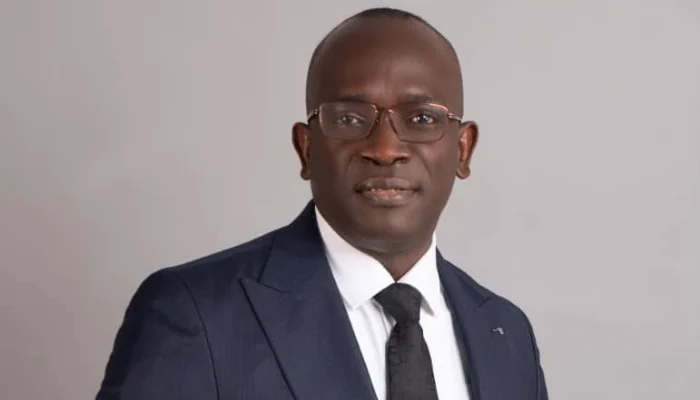COP30 Climate Talks: Brazil Pushes for Early Breakthrough
Brazil, the host of the COP30 climate talks, is pushing for a swift agreement among nations, with a proposed deal aiming to address significant differences on fossil fuels, finance, and trade barriers. The country’s President, Luiz Inacio Lula da Silva, is expected to return to the host city of Belem on Wednesday to facilitate a high-level push for a deal. Negotiators have been working tirelessly, producing a first draft on key issues, including trade measures, climate finance, and national carbon-cutting pledges.
The draft has been described as a “mixed bag” by EU climate chief Wopke Hoekstra, while UK climate envoy Rachel Kyte noted that it “feels a little out of balance.” However, both expressed hope that discussions with Brazil could lead to a stronger text. The Brazilian government’s aggressive timeline has put pressure on delegates, but veteran COP observers believe it signals confidence in landing an agreement soon.
The draft underscores the significant gap between countries pushing for a “roadmap” to phase out fossil fuels and those opposing it, led by oil-producing nations. Climate ministers and ambassadors from over a dozen countries have united in calling for stronger language on exiting coal, oil, and gas. The draft also proposes tripling financial assistance from wealthy countries to developing ones for climate change adaptation by 2030 or 2035.
Brazil is eager to demonstrate that the world remains united in the fight against climate change, despite the United States’ absence from the summit and competing priorities among other nations. The country’s COP30 president, Andrea Correa do Lago, confirmed that President Lula’s return aims to put pressure on delegates to resolve issues quickly.
The marathon climate talks are scheduled to end on Friday, but previous summits have often run into overtime. The outcome of the COP30 talks will be crucial in determining the global response to climate change, with the obligation of rich countries to deliver promised financial assistance remaining a significant test of global solidarity. As negotiations continue, the world watches with anticipation, hoping for a meaningful agreement that addresses the pressing issue of climate change.



